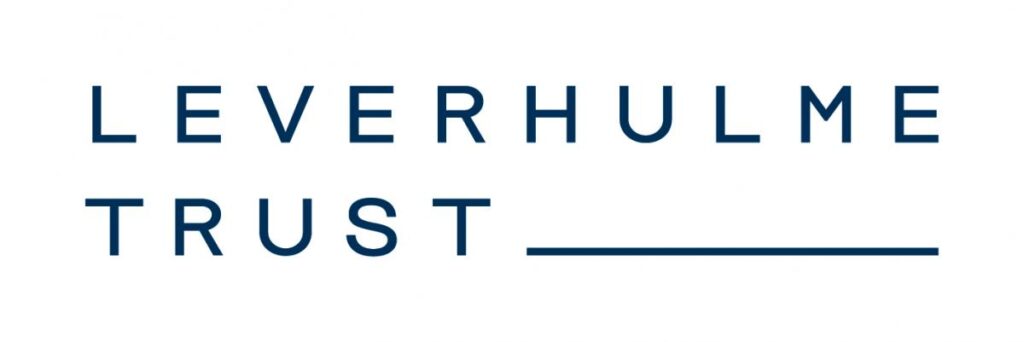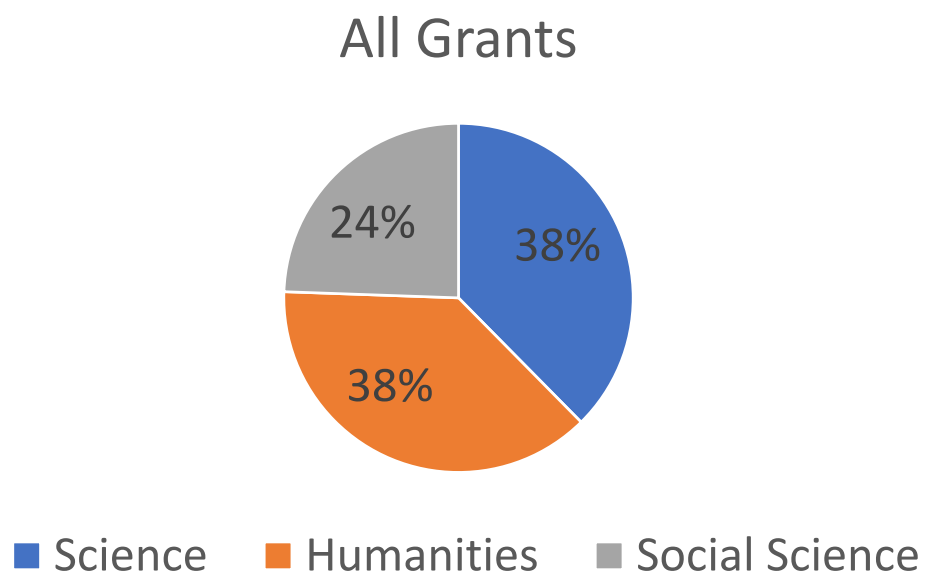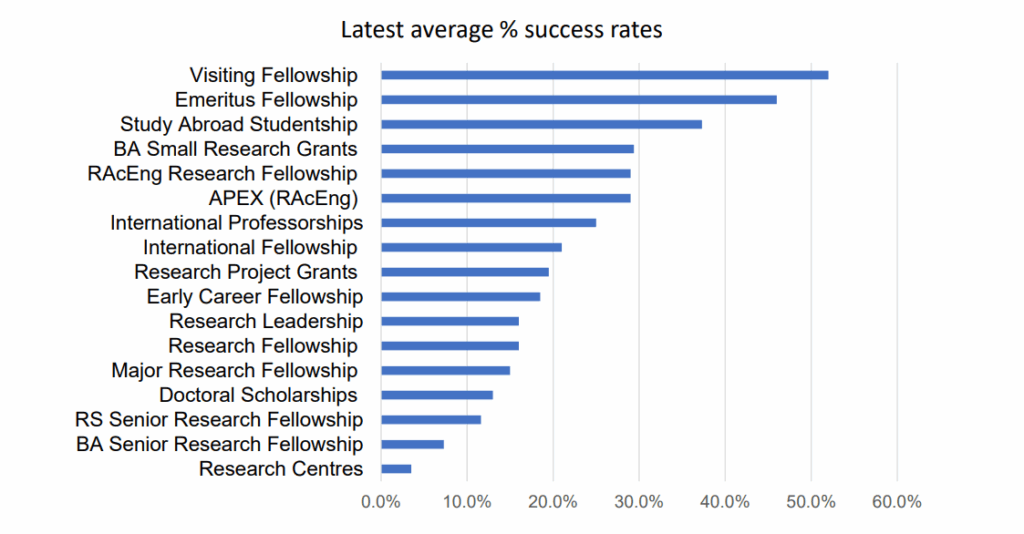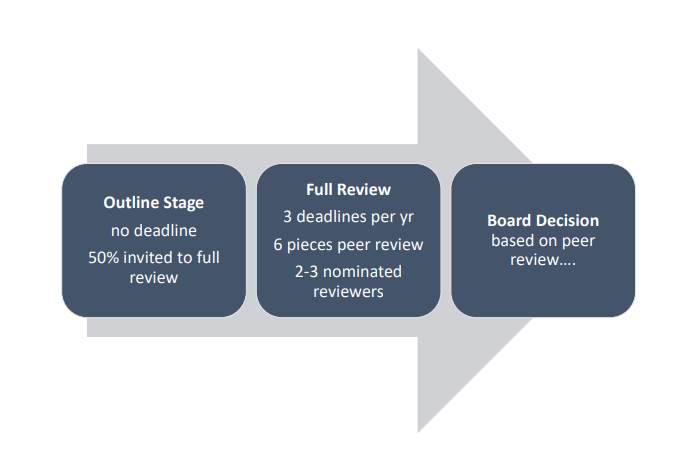
The Leverhulme Trust is an independent charity that funds blue skies research with the potential to generate intellectual breakthroughs.
The Trust awards funding across all academic disciplines, with no preferred topic or subject area, as demonstrated by the below graphic. Transdisciplinary or multidisciplinary research with significance beyond a single field is highly valued but is not necessarily a requirement.

All awards are made in the ‘responsive mode’, with the choice of topic and research design left to applicants. However, the Trust does not fund:
- medical research into disease, illness and disabilities in humans and animals, or research into clinical practice
- policy-driven research where the principal objective is to assemble an evidence base for immediate policy initiatives
- advocacy
- research with an immediate commercial application
- database creation
- applications in which the main focus is on capacity building, networking, or the development of the skills of those involved
AWARDS OVERVIEW
Doctoral Scholarships (triennial) – £2.15m over eight years
Fellowships: Early Career (annual), Research (annual), Major Research (annual), Emeritus (annual), International (annual)
Philip Leverhulme Prizes (annual) – 30 annually, spanning 18 rotating subject areas of which six are available each year, with each prize worth £100,000 over two to three years
Research Centres (annual) – up to £10m over 10 years
Research Leadership Awards (triennial) – up to £1m over five years
Research Project Grants (open all year) – up to £500,000 for up to five years
Visiting Professorships (biannual) – £10,000-£150,000 for 3-12 months
SUCCESS RATES BY SCHEME

SPOTLIGHT ON RESEARCH PROJECT GRANTS
These awards are for fundamental research that is important, novel, risky and represents a distinct project rather than a continuation of the Principal Investigator’s existing research activity.
They are worth up to £500,000 and may be held for up to five years. However, most awards are for three years and projects under £100,000 are regularly funded. Applicants are therefore encouraged to view this opportunity as essentially a ‘small grant’ scheme.
At least 75% of the resources requested under this scheme must be research staff, which can include PhD students (this is one of the few grants left that can be used to fund PhD students).
All types of partners are welcome under this scheme, but high consultancy costs should be avoided.
As with all other Leverhulme Trust schemes (and unlike, for example, UKRI funding), the intellectual contribution of the research project is more important than its impact.
Research Project Grants are assessed via a two-stage process:

Reasons why Research Project Grant applications are not successful:
- lack of clarity
- an overly detailed review of the literature and an under-specified research design
- over-emphasis on impact rather than the research itself
- not acknowledging risks and identifying appropriate mitigations
- relying on metrics rather than the quality of the application (Leverhulme does not measure PI expertise using H-index scores)
- insufficient detail provided in the ‘Why the Leverhulme Trust?’ section
Previous applicants should note that resubmissions are not permitted.
GENERAL POINTERS FOR LEVERHULME FELLOWSHIP SCHEMES
Most Leverhulme Trust fellowships are designed for permanent members of staff to get buy out from teaching and administrative roles related to teaching.
They are not intended to fund research staff (including PhD students) and cannot be used to fund buy out from research.
Research outputs must be clearly specified.
OTHER TOP TIPS
- The Trust regards itself as ‘agnostic’ towards different research methodologies.
- Previously, teaching replacement had to take the form of hiring someone new. However, the Trust now recognises that the use of existing staff for this purpose may be necessary due to economic constraints. The bottom line is that, one way or another, the applicant must be relieved from teaching for the purpose of pursuing research.
- Considerations specifically for post-1992 universities:
- The teaching focus of such institutions is not viewed as problematic by the Leverhulme Trust.
- Applicants should not be distracted by an institutional focus on work that is applied in nature – instead, stick to blue skies thinking.
- Be ambitious with the level of novelty and risk in the pursuit of new knowledge or understanding.
Visit the Leverhulme Trust website for more information, including full details of funding opportunities (email bulletin available), advice for applicants, and grants previously awarded.
